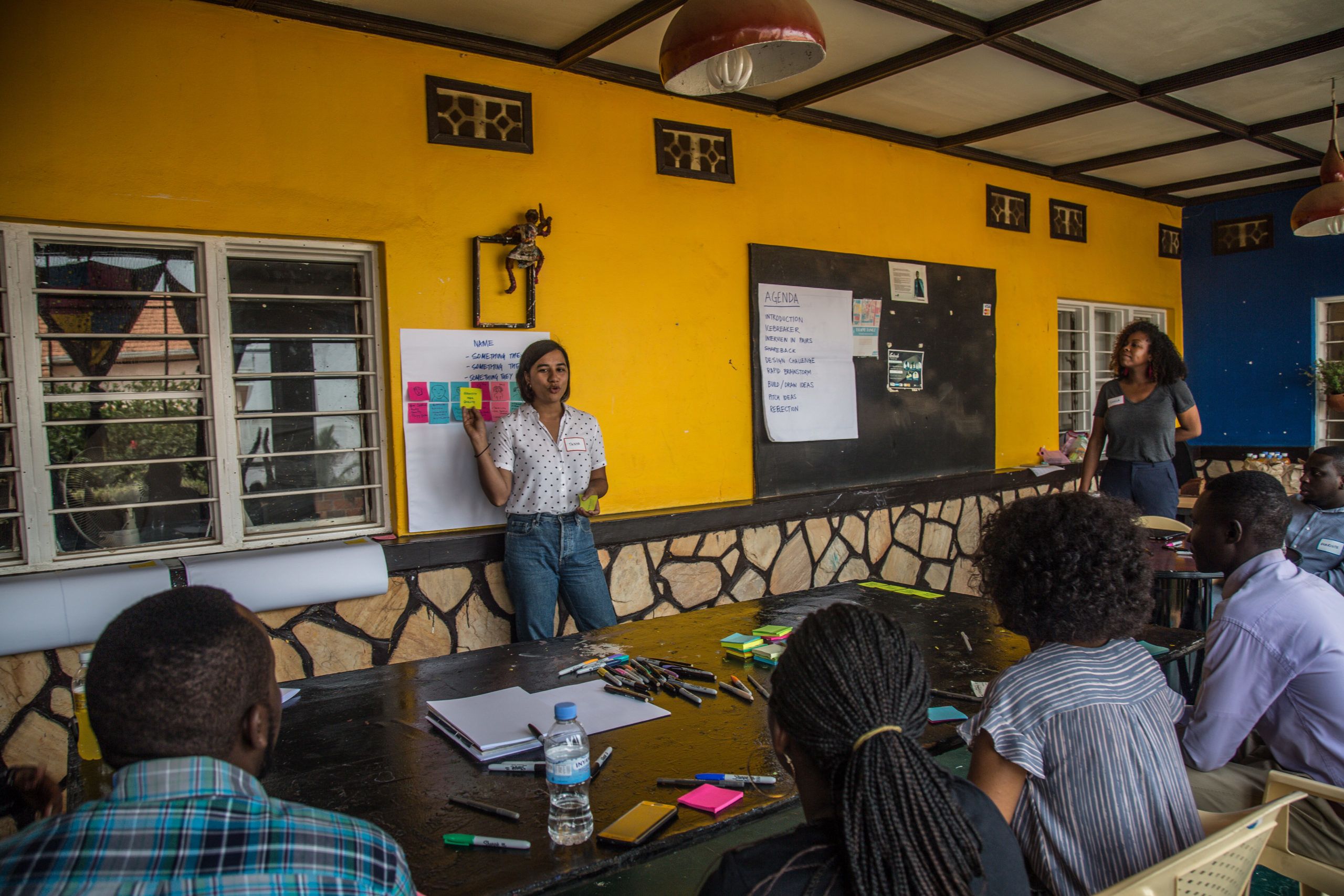Recommendation 5: Invest in Evidence Leaders and Communities


A new generation of evidence leaders has emerged.
Young researchers are increasingly interested in applying research to policy, and early-career government officials are increasingly interested in grounding policies in evidence. Through online teaching resources, civil service institutes, and government training programs, development funders can help build lasting skills and shape meaningful evidence-to-policy communities. Examples for policymakers include the Network of Impact Evaluation Researchers in Africa (NIERA)’s policymaker and media courses, the Africa Centre for Evidence’s new learning program on “Practices of Evidence-Informed Decision-Making,” the South Africa National School of Government’s course on evaluation management, and causal methods training for policymakers in Pakistan (Mehmood et al. 2021). Examples for scholars include J-PAL’s MicroMasters, Rwanda’s Impact Evaluation Summer School in partnership with DIME, and coaching on how to prepare grant applications from the BRAC Institute of Governance and Development’s Women’s Economic Empowerment and Digital Finance initiative. It is particularly valuable to train new cadres of people to use innovative methodologies and data that have until now been relatively underutilized in impact evaluations, including geospatial and remotely sensed data through Geo4Dev and other platforms.
Equipped with additional skills, those who are first entering (or pivoting within) the workforce would benefit from coordinated linkages to career opportunities, either through fellowships, secondments, matchmaking, or other formal mechanisms that pair researchers and policymakers. For example, Development Impact West Africa is a partnership between CEGA and the Ghana Institute of Management and Public Administration that uses a matchmaking process to bring US and Ghanaian academics and Ghanaian policymakers together for research partnerships (after first determining that an impact evaluation is feasible and there is scope to inform decision making). J-PAL’s African Scholars Program offers a dedicated pool of resources targeted toward African researchers. Many organizations now require that all research projects include a local principal investigator, in line with government regulations in some places. In the United States, the Intergovernmental Personnel Act facilitates the temporary secondment of academic partners to government agencies to develop rigorous studies using administrative data and other sources and then apply insights to government programs (OES 2022). Importantly, scholars from lower-income countries should have opportunities to spend time at US and European institutions in conjunction with US and European scholars traveling to lower-income settings to learn and research.


